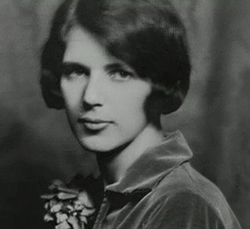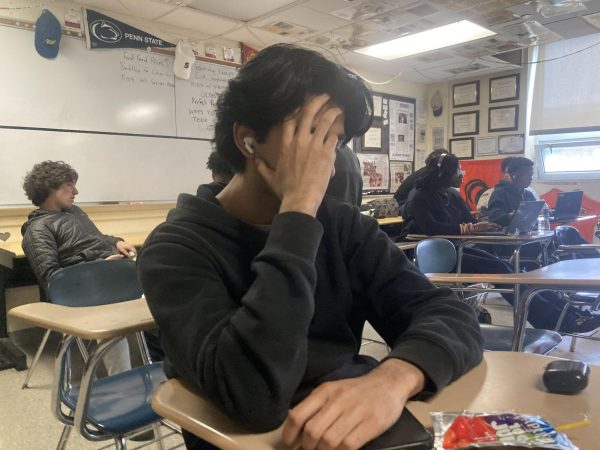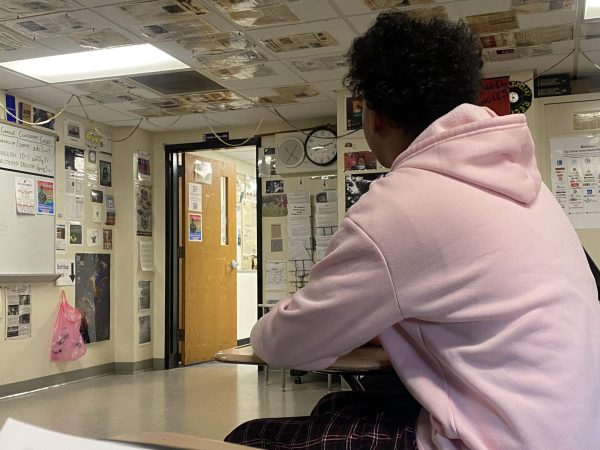The N-word: Its Usage and Its Infamy
April 15, 2021
There are few things more controversial and argument-stirring than the N-word. Consistently described as one of the ugliest words in the English language, it has nonetheless persevered in the American vernacular to this day, whether it be in rap music that has now gone mainstream, or through its common usage among youth as a term of endearment.
Its origins are often traced back to the Latin word for black, “niger.” This is not to be confused with the country Niger, which takes its name from the Niger River, which flows through the southwestern part of its territory, which in turn is thought to come from the Tamasheq language of North Africa.
As is known, or at least should be known by those familiar with it, the more modern word has its roots in American slavery, first being recorded as a demeaning and dergogatory term in 1775, for landowners to degrade and dehumanize their slaves. Following emancipation, ‘negro’ became the respectful alternative of the time.
Over time, these same people (enslaved, and then freed blacks) used the word among each other, in an effort to shed its hateful meeting and redeem it for themselves. Despite this, It was, and frankly still is, used to hurt minorities and put them down, and in this putting down it has been used to justify slavery, segregation and Jim Crow laws, and many racist and discriminatory practices which still persist today.
Today, use of the word (and opinions on who can use it) are very varied and divided, especially among young people. Some believe that the word should be shelved altogether due to its legacy of hatred, while others, who may not actually know how historically brutal it is, feel like it’s the equivalent of ‘bro’ or ‘dude:’ A unique identifier of camaraderie among friends. Most people fall into one of these two camps. The major issue begins when the word is used outside of the black community. So the question is: who can use it?
In the last 20 years, rap and hip-hop have become among the most popular music genres in the United States. Due to this, and the consistent use of the word in the music, more and more young people outside the black community (notably whites) have gotten comfortable with it. Not necessarily as a hateful slur, but as a byword for “bro” among their friends. Through hip-hop entering the mainstream, the N-word entered the mainstream. It became the new popular and ‘trendy’ word to say. The new ‘bro’.
To get a better understanding of this, we managed to get in contact with two Stamford High School students, both of whom are white, and have claimed to use the word on occasion. We agreed not to use the students’ names due to the sensitivity of the topic. Both students say they are at least somewhat well-known at SHS, and for the most part grew up in mainly white environments. They claim to feel the same around people of all races, and that they use the N-word around both their black and white friends. They do, however, respectively admit that they would feel uncomfortable saying it around someone bothered by it, or in public/with people they don’t know, insinuating that they’re aware of its vulgarity.
The N-word carries major weight, whether it ends in a or er. This is true whether it’s being used to dehumanize an entire ethnic group, as a joke or on a video game some white kids are playing, or even when being reclaimed by the very people it was meant to keep down. The reality of it is that despite the negative connotations it brings we’ll never be rid of it. It’s become too popular and we’re becoming more and more desensitized to it by the day. So, the best thing we can do as a people is to educate ourselves and one another the best we can; and use the word wisely – if ever.












